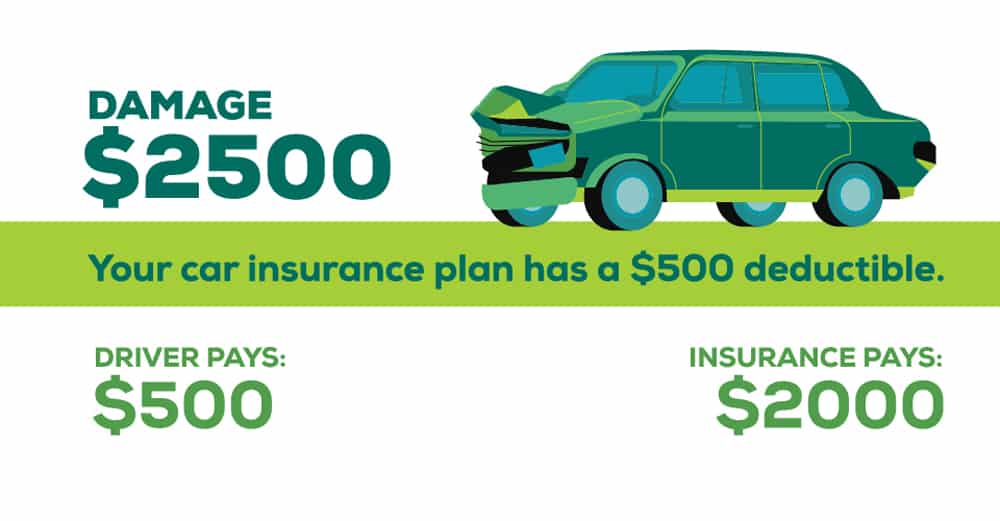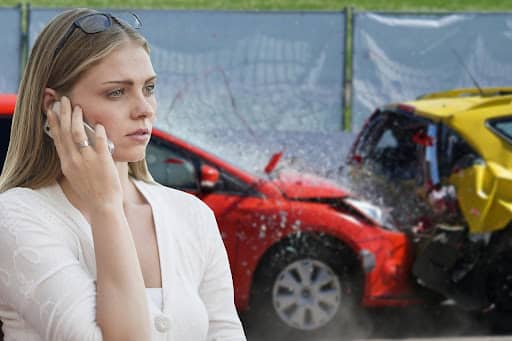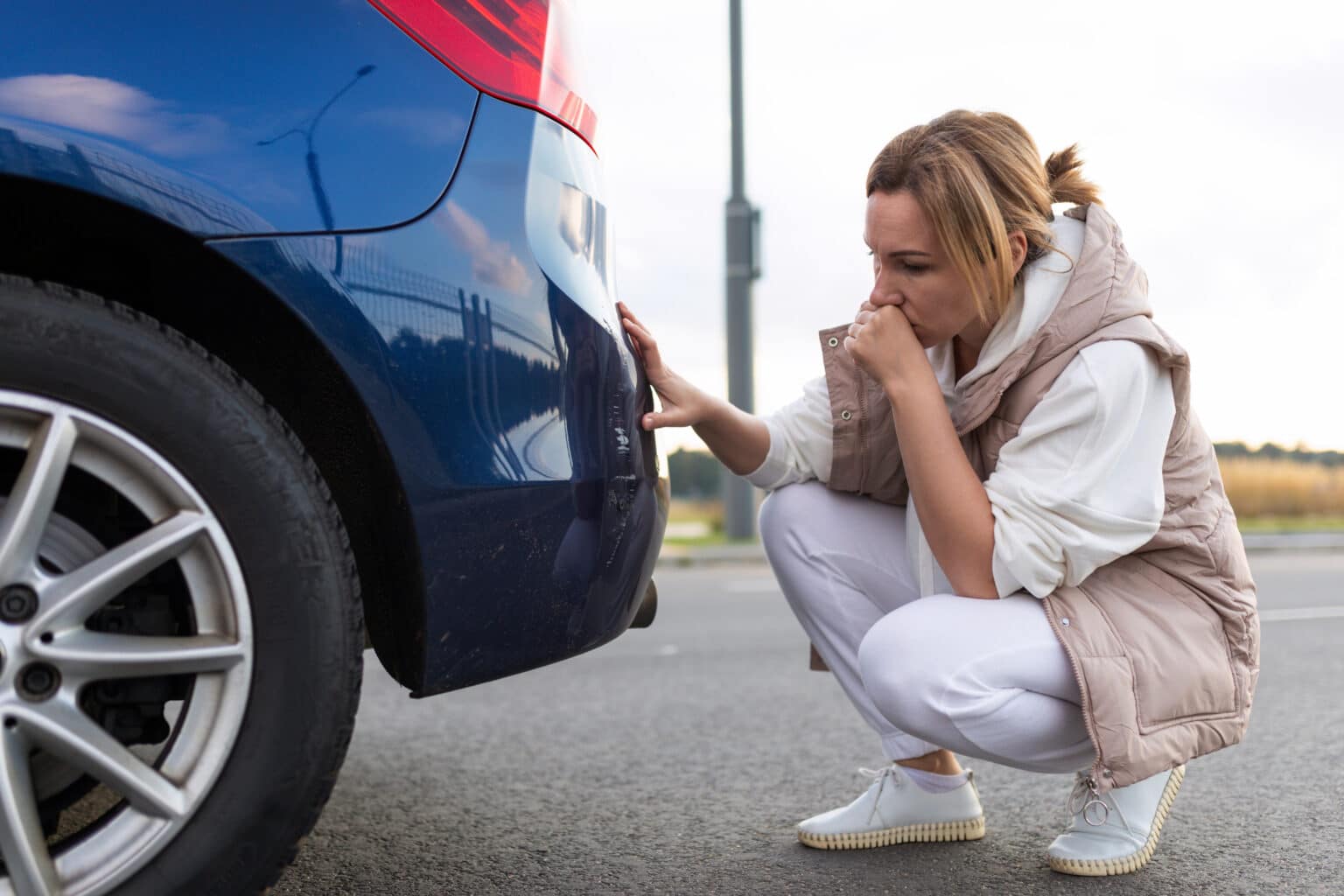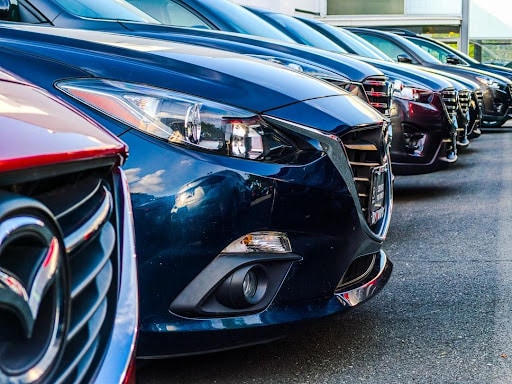Car insurance can be beneficial in case of an emergency and, it’s required by law in most states. Your car insurance protects you and your car from the expenses after an accident. Once you pay the insurance deductibles, your insurance company will fulfill the rest of the money to pay almost all the bills.
But what are car insurance deductibles, and how do they work? If these are questions you have, then we’re here to help. We’ll answer all your questions about car insurance deductibles in this detailed guide, so keep reading.
What Are Car Insurance Deductibles?
A car insurance deductible is a sum of money you have to pay out of pocket every time you file a claim. For example, supposing you need to replace your rear bumper as the result of an accident, you’re supposed to pay this money before the insurance company covers the amount for the damage. Normally, what you pay is a set amount.
After you pay the deductible, the insurance company will pay for repairs, replace your vehicle, or cover any medical expense generated due to the accident. Note, however, that not every type of car insurance has a deductible, and not every accident warrants a claim. Here are 6 car insurance deductible basics you should know.
1. What Type of Car Insurance Coverage Has a Deductible?
There are different types of car insurance coverage with different kinds of deductibles, and they vary depending on your monthly payment. The average deductible comes out to around $500, but a higher monthly insurance payment means you pay a lower deductible and vice versa. Here are the number of deductibles you need to expect at the time of making a claim, depending on the type of insurance you have:
Collision
Collision insurance coverage pays for repairs in case you get into an accident because of your own fault. Whether you hit a vehicle, a tree, or a wall, the insurance company will pay the money to repair or replace your car.
This type of insurance can have a high deductible compared to other types of car insurance plans, coming anywhere between $100 and $1000. If someone else hits your car, then their collision insurance will pay for your car’s repairs along with your medical bills.
Comprehensive
Comprehensive coverage pays for any other damages except a car accident. It covers payment for stolen items, hail or storm damage, animal attacks, fire accidents, or cracked windshields.
This type of coverage typically has a lower deductible rate in contrast to collision insurance. However, comprehensive insurance is not a separate category of insurance. Instead, it’s just an add-on to existing vehicle insurance policies.
Personal Injury Protection
With personal injury protection (PIP), this coverage pays the medical expenses for you and every passenger in your car in case of an accident. Neither the kind of accident nor who’s at fault is relevant to claiming the payout from your insurance. This type of coverage usually has a high deductible rate.
Uninsured Motorist Property Damage Coverage
Uninsured Motorist Property Damage Coverage (UMPDC) pays for the repair and replacement of the damage caused by an uninsured vehicle. It’s mainly used for hit-and-run cases or violent attacks on your personal property.
This type of coverage can have a much lower deductible rate than collision coverage, but it can go up to as high as $1000 depending on where you’re purchasing your coverage. In the event the insurance of the person at fault doesn’t fulfill the cost of your damage, you will get the money through UMPDC.
2. What Types of Car Insurance Coverage Don't Have a Deductible?
As was mentioned, there are a few types of car insurance coverages that don’t have deductibles. Here’s what you need to know:
Liability
Liability car insurance covers the other party’s expenses in a car accident. It also pays for the medical expenses for people injured in the accident if you’re at fault. However, intentional damage isn’t covered with this insurance.
This type of insurance doesn’t have a deductible. The law requires liability insurance in every state except New Hampshire. Even though the premium cost of this insurance can be quite high, it saves you from paying when you’re at fault in an accident.
Uninsured Motorist Bodily Injury Coverage
With uninsured motorist bodily injury coverage (UMBI), you get the money for your medical injuries caused by an uninsured driver. This type of coverage doesn’t have a deductible.
If the driver at fault happens to have liability insurance but the coverage cost is too low, then your medical bills will be covered by UMBI as well.
Medical Payments Coverage
This is an optional addition to your existing car insurance coverage. It pays for your medical expenses in case of an accident, no matter who is at fault. This type of coverage also does not have any deductibles.
It’s also known as simply “med pay,” and it isn’t available in all states. If you don’t have this coverage and your car insurance plan doesn’t cover medical bills, then you will have to pay your own medical bills out of pocket.

3. Who Pays a Deductible in an Accident?
Since the deductible is an amount that’s paid from your own pocket, who ought to pay it is debated. As far as insurance policies go, the at-fault driver in an accident is the one who has to pay the deductible. If it’s an accident where fault doesn’t matter, then you’re expected to pay the deductible in order for your insurance to pay for repairs.
If you aren’t at fault in an accident, then the other party’s insurance company will pay the money to cover your damage. However, liability coverage pays for both driver’s losses along with the medical bills. Since it doesn’t have a car insurance deductible, you won’t have to worry about paying money at the time of the accident.
Furthermore, if you have collision insurance, you can use the money from your insurance coverage to repair the damage or replace your vehicle while the insurance company determines which driver is at fault. However, if you don’t turn out to be at fault, then your insurance company can fight for a complete refund.
4. How Does A Deductible Work?
In the event you’re involved in an accident that has damaged your vehicle or caused an injury, you won’t pay when you file the claim. You will typically pay once repairs have been completed before you pick up the vehicle.
For example, say you’re filing a claim for $2500 worth of damage, and your car insurance plan has a $500 deductible. This means you’ll have to pay $500 from your own pocket, and your car insurance company will cover the rest of the $2000 to fulfill the requirements.

However, if you’re at fault in an accident and the damage cost is below your deductible amount, then you will have to pay the repair cost from your own pocket. For example, if your deductible amount is $500 and the damage cost is $400, then you’re responsible for covering the payment.
If you completely lost your car in an accident, or it’s damaged beyond repair, you will have to contact a claims advisor. Assuming you have the appropriate coverage, the advisor will work with you so that the insurance company pays you the amount of what your car was worth at the time.
5. How Do Deductibles Affect Your Insurance Premiums?
Your deductibles and insurance premiums go hand in hand. As was stated, if you increase your car insurance deductible, then the company lowers your premium and vice versa.
Opting for a higher deductible could end up saving money if you don’t need to file a claim during your coverage period. If you’re willing to pay more up front in case of an accident, then what you save on your premium costs could amount to a fair sum of money each year. It should be noted, though, that there may be a tipping point where increasing the deductible no longer makes sense. This is the case if the resulting discount isn’t enough to offset the increased out-of-pocket expense.
A trusted insurance company will work with your requirements and budgets to create a specific plan for you. They will work with you to discuss deductibles and premiums that financially benefit you in the coming years.
6. What Happens if You Can't Pay Your Car Insurance Deductible?
Failing to pay your deductible will only delay your repair or car replacement at best. At worst, your insurance won’t compensate you if you’re required to pay your deductible up front.
If you’re unable to pay the deductible, the first step is to talk to your insurer and ask if a time extension is feasible. If so, you’re in a position to pay them as soon as you have the money.
If you’re dealing with a local mechanic whom the insurance company does not appoint, you can also request the mechanic waive off the deductible charges and take what the insurance company is paying. This doesn’t always work, but you could try in case of an emergency.
Conclusion
Having your car insured is necessary to safeguard your life and property in case of an accident. What’s more, choosing the right deductible for you is important for managing your finances — you can save huge sums of money in the long run. Now that you know more about how deductibles work, you’re ready to choose a policy.
Reach out to Torian Insurance today to discuss your car insurance needs.



